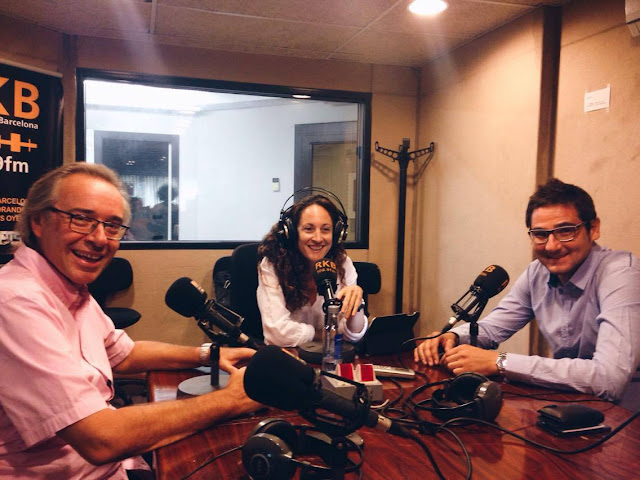Endless drama in a group clouds consciousness. Too much noise overwhelms the senses. Continual input obscures genuine insight.
Do not substitute sensationalism for learning.
 Allow regular time for silent reflection. Turn inward and digest what has happened. Let the senses rest and grow still.
Allow regular time for silent reflection. Turn inward and digest what has happened. Let the senses rest and grow still.
Teach people to let go of their superficial mental chatter and obsessions. Teach people to pay attention to the whole body’s reaction to a situation.
When group members have time to reflect, they can see more clearly what is essential in themselves and others.
The Tao of Leadership
John Heider / Lao Tsu







